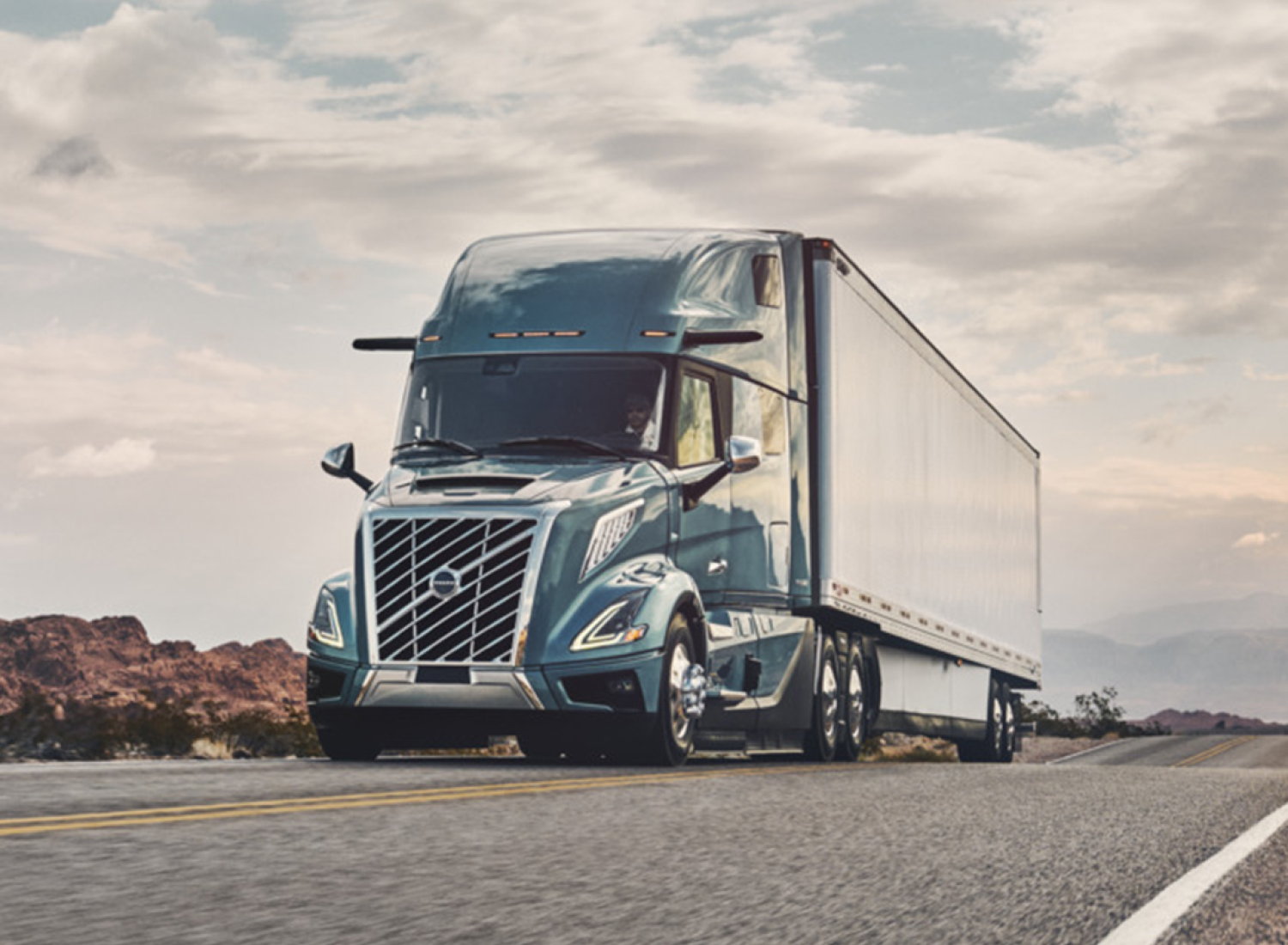eCommerce Conversion
Rate Optimization
Are you losing out on sales on your eCommerce site?

How does 121 improve my conversion rate?
Analyze & Diagnose
We dive deep into your website’s data and your users’ behavior to identify areas causing friction and hindering conversions. We constantly analyze data and test different approaches to ensure continuous optimization
Site Performance Enhancements
Having a site that is slow to load, or causing errors directly impacts your conversion rate. We can help get your site back to top-performance!
Cross Selling/Upselling:
We help implement strategic upselling and cross-selling techniques to encourage adding more items to the cart.
Strategic Adjustments
We implement strategic tweaks to streamline the user experience, making it effortless to navigate, find products, and complete purchases. We implement strategic tweaks to streamline the user experience, making it effortless to navigate, find products, and complete purchases.
We’re More Than Just Optimization Experts:
- Unmatched Expertise: Our team has extensive knowledge in all things eCommerce, and CRO. We have a deep understanding of customer psychology and behavior, and we’re constantly staying ahead of the curve with the latest CRO strategies.
- Data-Driven Decisions: We don’t operate on guesswork. We utilize analytics tools to uncover valuable customer insights and continuously test and refine your optimization strategies.
- Your Dedicated Partner: You can count on us to be there every step of the way with our ongoing support, so you can focus on running your business while we take care of converting more visitors into customers.
- We Deliver Results: Too many times, agencies over-promise and under-deliver. We help you drive positive results, and continuously work to do so.

Our Clients Love our CRO Work!:
- “Our Product Owner has added huge value from his extensive experience and abundance of common sense. His recommendations are always creative and productive.”
- “Our Product Owner has added huge value from his extensive experience and abundance of common sense. His recommendations are always creative and productive.”
We let the results speak for themselves:


Migration & web development


An OSCommerce to Adobe Commerce Migration


Migration to Magento from Webshop Manager

Schedule a Site Audit:
We don’t just fix problems; we help you prevent them. Let our experienced team take care of your website maintenance needs so you can focus on what matters most – growing your business.
